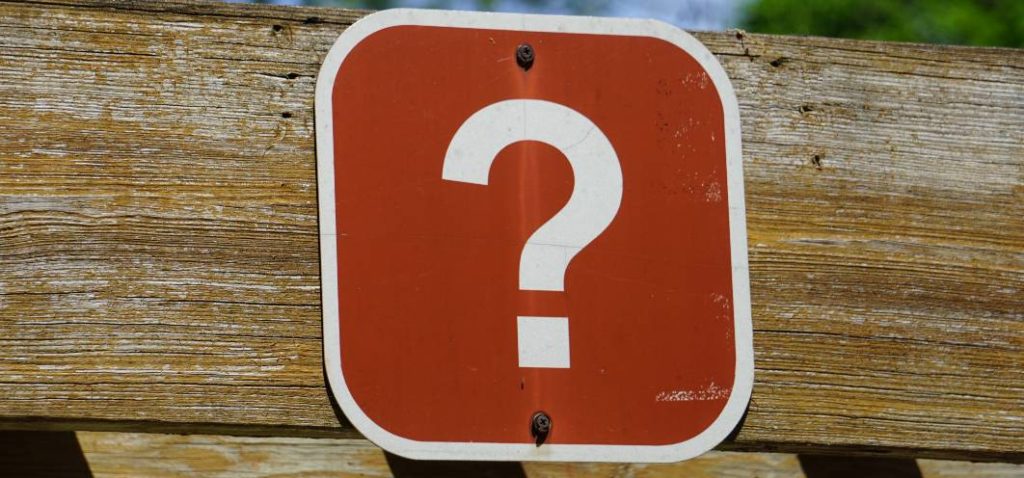
Imagine this scenario – a well-known founder of a company sets up social media accounts that promote the company’s products. The accounts also occasionally display personal content (e.g., public happy birthday messages the founder sends to his spouse). The company fires the founder and then the company claims it owns the accounts. If the founder says he owns the accounts, how should a court resolve that dispute?
The answer to this question is helpful in resolving actual disputes such as this, and perhaps even more helpful in setting up documentation and procedures to prevent such a dispute in the first place.
In the recent case of In re: Vital Pharmaceutical, the court considered whether certain social media accounts that a company’s founder and CEO used were property of the company’s bankruptcy estate under Bankruptcy Code § 541. Though this was a bankruptcy case, the analysis is useful in other contexts to determine who owns a social media account. The court held that various social media accounts (including Twitter, Instagram and TikTok accounts the CEO used) belonged to the company.
In reaching this decision, the court recognized a “dearth” of legal guidance from other courts on how to determine account ownership when there is a dispute. It noted the case of In re CTLI, LLC, 528 B.R. 359 (Bankr. S.D. Tex. 2015) but expressed concern that this eight year old case did not adequately address the current state of social media account usage, particularly in light of the rise of influencer marketing.
The court fashioned a rather detailed test:
- Are there any agreements or other documents that show who owns the account? Perhaps an employee handbook? If so, then whoever such documents say owns the account is presumed to be the owner of the account.
- But what if there are no documents that show ownership, or such documents do not show definitively who owns the account? In those circumstances, one should consider:
- Does one party have exclusive power to access the account?
- Does that same party have the ability to prevent others from accessing the account?
- Does the account enable that party to identify itself as having that exclusive power?
- If a party establishes both that documents show ownership and that a party has control, that ends the inquiry. But if one or both of those things are not definitively shown, one can still consider whether use of the social media account tips the scales one way or the other:
- What name is used for the account?
- Is the account used to promote more than one company’s products?
- To what extent is the account used to promote the user’s persona?
- Would any required changes fundamentally change the nature of the account?
Companies utilizing social media accounts run by influental individuals with well-known personas should take guidance from this decision. Under this court’s test, creating documentation or evidence of the account ownership would provide the clearest path forward. Absent such written indication, the parties should take care to establish clear protocols concerning account control and usage.
In re: Vital Pharmaceutical, 2023 WL 4048979 (Bankr. S.D. Fla., June 16, 2023)
